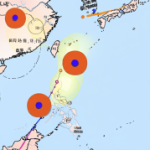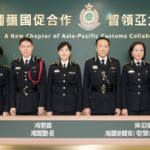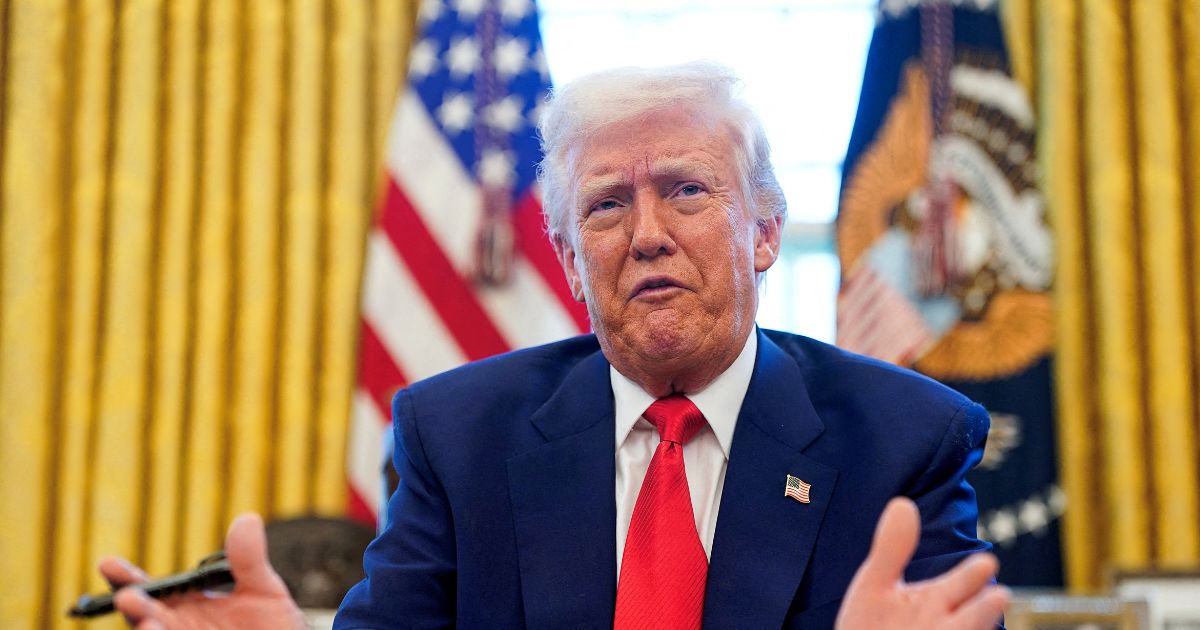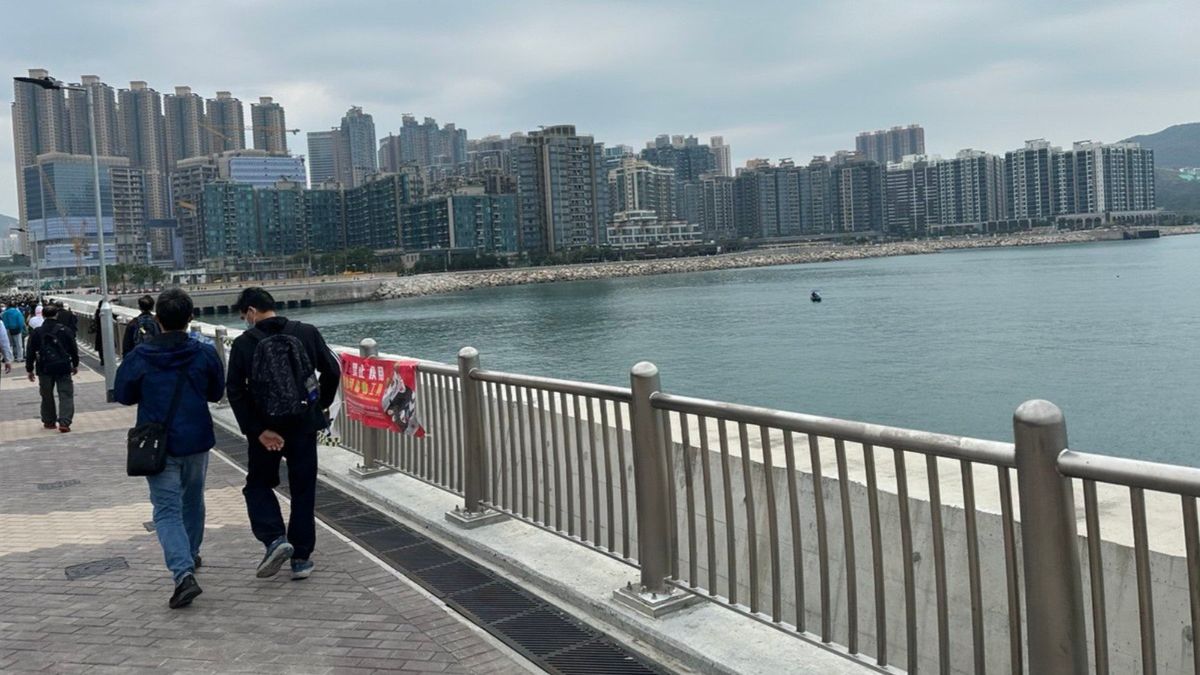The user wants a detailed analysis and professional report based on the title “國際財經 – 特朗普:美國經濟處於過渡期”.
The report needs to be over 1000 characters, in traditional Chinese, follow a specific structure with subheadings, and incorporate facts.
The language should be accessible and engaging, avoiding jargon.
It should not include a main title, greetings, or introductory phrases about the response itself.
It must be in Markdown format.
Plan:
* Opening: Start with an engaging hook about the nature of economic periods and the significance of a “transition period” statement.
* Section 1: 定義「過渡期」:特朗普的視角 (Defining “Transition Period”: Trump’s Perspective): Explain when and why Trump used this term. What did he mean by it? What changes or challenges was he referring to?
* Section 2: 過渡期的證據?數據說話 (Evidence of Transition? The Data Speaks): Examine economic indicators during the period Trump referenced. Was there evidence of significant shifts, challenges, or policy impacts that could be described as a “transition”? Discuss GDP growth, unemployment, inflation, trade balances, stock market performance, etc.
* Section 3: 政策與影響:過渡期的推手? (Policies and Impact: Drivers of Transition?): Analyze key policies enacted or proposed by the Trump administration (e.g., tax cuts, trade tariffs, deregulation) and how they might have contributed to or been intended to manage an economic “transition”.
* Section 4: 國際視角:全球經濟的漣漪 (International Perspective: Ripples in the Global Economy): Consider how US economic conditions and policies under Trump impacted the international financial landscape, as the title mentions “國際財經”. Did the “transition” have global implications?
* Section 5: 展望與爭議:過渡到何方? (Outlook and Controversy: Transitioning Where?): Discuss the different interpretations of Trump’s statement and the economic situation. What were the differing views among economists and political commentators? What was the perceived direction of this transition?
* Conclusion: Summarize the analysis, reflecting on the complexity of economic periods and the political dimension of defining them. End with a thought-provoking sentence.











